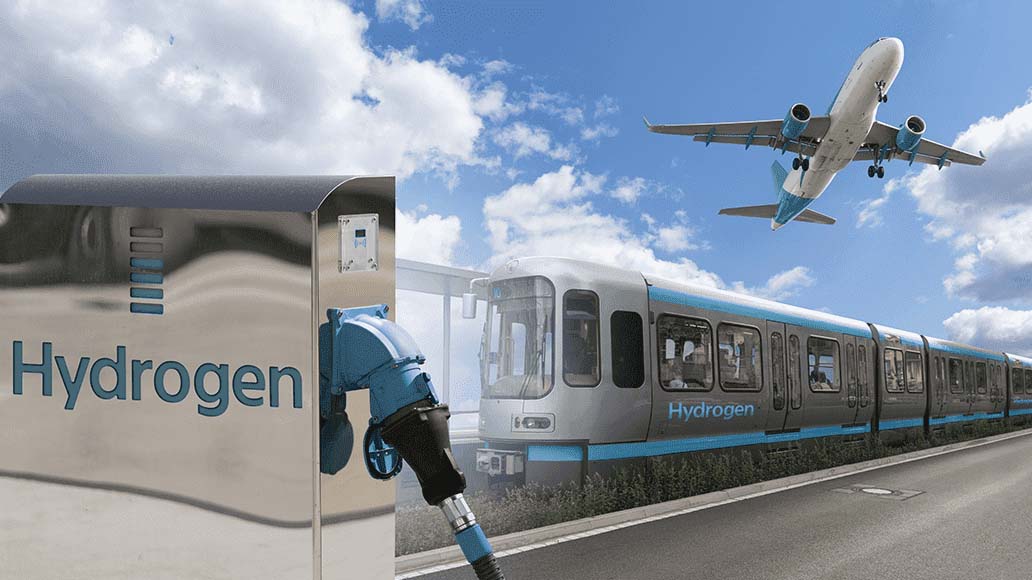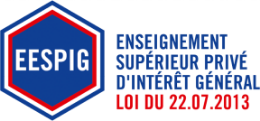Hydrogen: ESTACA offers new continuing education courses

Supported by the government, today hydrogen represents a major hope for reducing the carbon footprint of transport. As part of the government’s stimulus plan, a 2-billion-euro budget has been allocated to developing low-carbon hydrogen. In total, 7 billion euros of public support is available until 2030. To answer the need to increase the skills of employees in key companies in the transport sector, ESTACA has developed new courses dedicated to this fuel.
A comprehensive continuing education offer to prepare engineers for the challenges of the hydrogen industry
ESTACA, an engineering school specializing in transport and new mobility, is adapting its courses to equip professionals with the skills they need to support the growth of the hydrogen industry in the automotive, aeronautics, rail and naval sectors. In 2022, the school is strengthening this component by offering 3 new continuing education courses on hydrogen:
- Introduction to the challenges of hydrogen, its ecosystem and its geopolitics to develop general knowledge about the hydrogen sector and learn about the technological, economic, industrial and geopolitical specificities of the sector
- Hydrogen-powered electric vehicle to learn about different technologies to produce and use hydrogen in land transport
- Production and viability of hydrogen in vehicles to address the processes of producing and transporting hydrogen to better understand the economic and energy issues related to its production
Two other more scientific programs will also be on offer: one on fuel cell technologies and sizing for transport and the other on fuel cell integration and management in a transport application. These courses will develop knowledge about the fuel cell, from its components to the entire system, in order to size, integrate or control them.
Market players attracted by ESTACA's unique offer
Several major players in the market have already placed their trust in ESTACA and are following the entire fuel cell training program.
For its part, FEV has chosen an inter-company formula for its engineering teams.
The company’s objective is to further its employees’ knowledge of the subject, by first training the managers and then the teams.
Béatrice Vidal, in charge of training at FEV, saw ESTACA’s continuing education offer on hydrogen applied to transport as “the richest, most concrete and unique on the French market, given by professionals and stakeholders in the subject”. FEV also takes part in several other training courses offered by ESTACA, such as electric vehicles, hybrid vehicles and power electronics.













